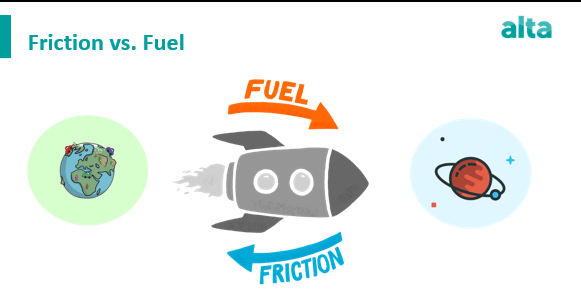How to increase Bible engagement?
The great research team at American Bible Society has synthesized its years of learnings into a Pathway of Scripture Engagement to visualize what a person’s and a group’s concrete steps and milestones for engaging with the Bible. The definition for Scripture engagement is: consistent interaction with the Bible that shapes people’s choices and transforms their relationships with God, self, and others. (source: State of the Bible 2021)

And this webinar about the State of the Bible 2021 report further explains the good life that the Bible brings about many benefits of human flourishing and quality of life.

How to Increase Scripture Engagement?
With valuable information gathered and analyzed through methodical research, we have confirmation, reassurance, and evidence of the Bible’s life-changing message. But one of the question remains: how can we increase Bible engagement? It doesn’t happen by just knowing information or even benefits or instructions for how to do something.
For example, to help people go from 1 hour of Bible engagement by attending a church worship service, towards doing a daily Bible reading for 15 minutes a day, that’s a significant and sizeable increase in Scripture engagement, right? In the pathway chart, this could be mapped as someone going from step 4 to step 5.
If someone starts a new behavior, according to behavior economist Dan Ariely (Duke University), they’d need more fuel and less friction: “building a behavior change program is like building a rocket ship: it has to have enough fuel (motivation) and have little enough friction (barriers) to get from the status quo to the new destination.“

Staying with our example above, then, what are the things that can be done to fuel and motivate someone to want to change their behavior, from just going to church once a week, to reading the Bible daily? And, if that’s too big of a change, as it well may be for many, what is an easier step that would lower the friction and resistance to change? This very useful model for behavior change also indicates how it’s considerably easier to reduce friction than it is to increase fuel to motivate people into new actions, even if all the benefits were clearly spelled out and people would agree to them being beneficial.
4 Ways to Increase Bible Engagement in Churches
On another note, based on 30 years of helping churches with Bible engagement, Whitney T. Kuniholm has identified 4 principles that will make any church-wide Bible reading program more effective:
- Begin with Spiritual Leadership.
- Create a Community-Wide Experience,
- Affirm Different Devotional Temperaments,
- Encourage People to ‘Meet the Author.’
How Using .BIBLE Domain Names Increases Bible Engagement
Sticking with the behavior change program model from Dan Ariely, it’s easy to see how .BIBLE domain names help to reduce the friction and increases the likeliness for someone to engage the Bible in a number of ways:
People are 25% more likely to click on a .BIBLE link when searching for relevant Bible content. With over 1,500,000 monthly searches on the keyword Bible at Google around the world (according to searchvolume.net), your web link will stand out in search results and that results in more web traffic.
When people remember your website or app link, they’re going to your website and coming back again. With so much information already occupying our minds and thousands of messages bombarding our brains daily (though the estimated daily volume of brand messages vary), a branded domain name using .BIBLE grabs attention better than anything else. Almost every time I talk about working with the .BIBLE Registry, that opens up longer conversations and holds people’s attention.
The fastest Bible on the internet is powered by .BIBLE domain names, thanks to our partnership with YouVersion. Over 2,000,000 links are shared on social media to this collection of Bible pages in AMP (Accelerated Mobile Page) format and increasing Bible engagement digitally.
Easy-to-remember .BIBLE domain names can help you access the Bible anywhere anytime, without downloading or installing an app, on any internet-accessible device at links like genesis.bible, matthew.bible, luke.bible, psalm.bible, and every book of the Bible. It doesn’t get any easier or faster!
